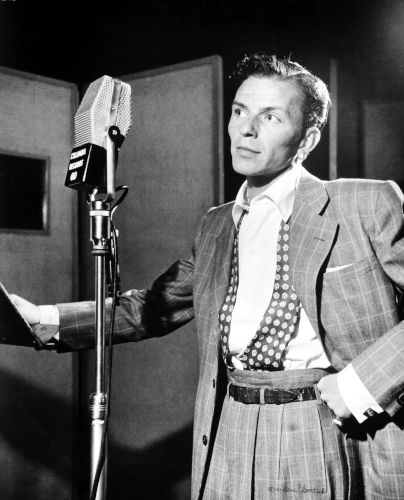 Loading... Please wait...
Loading... Please wait...- Username: Guest ¦
- My Account ¦
- Order Status ¦
- View Cart ¦
Categories
- Home
- Plays
- Full Length
- Drama
- Drama (N-Z)
- To Be Frank
To Be Frank
|
|||||
|
|||||
Synopsis
This is the simple story of an ordinary man, ‘Joe’ an ageing bartender in downtown, present day New York and the only dramatic character in the piece. The play charts his brief acquaintance with a new customer - ‘Mack’ - during his several visits to the bar where Joe works. The unseen ‘customer’ is in fact the audience, who Joe proceeds to engage in a one-way conversation about anything and everything. He is a dreamer – a spinner and vivid illustrator of stories that metaphorically paint a picture of life in general, but more importantly, of his in particular. The two-fold thread of the piece is revealed in the title ‘To Be Frank’. The frankness of the character (being sometimes ‘off the wall’ in his theories on life), but also his life long association with Frank Sinatra. ‘To Be Frank’ would have been all he ever wanted out of a life which has been one of extremes – of highs and lows – all of which he easily and readily finds comparisons within the life of his idol. This is not a biography of a star, but rather an insight into a star follower. A character whose life and aspirations were so strongly influenced by his idol that over the years the boundaries of reality, or what was and what could have been, became so blurred that on many occasions they became one. During the play, the sounds and sentiments of the era in which our character, as he says, “ … lived, loved and laughed…and lost ” are recreated by four superb singers with rhythm band accompaniment. They, through the songs of Sinatra, contextualise the audience to the musical genre of a period that is now accepted as the formative and subsequently golden age of popular music. It is an account of one mans life, but it contains poignant issues that could easily belong to any one of us. |
|||||
Characters
|
|||||
|
|||||





